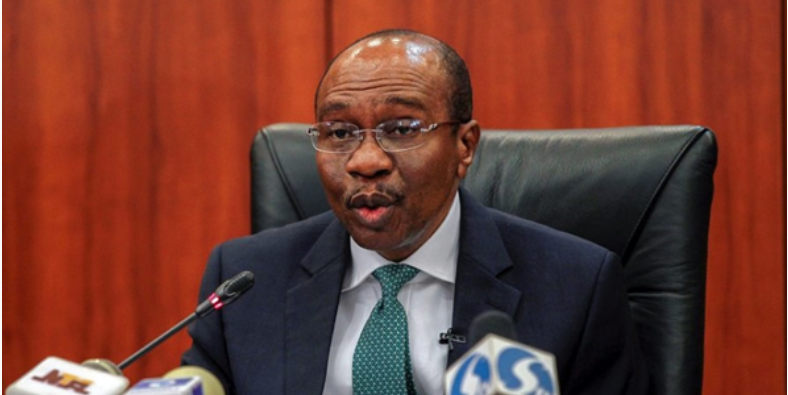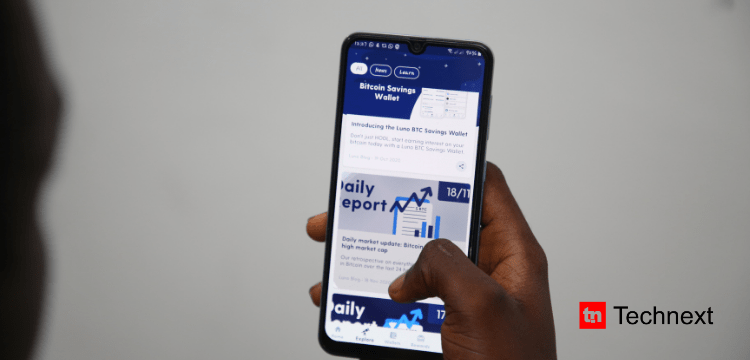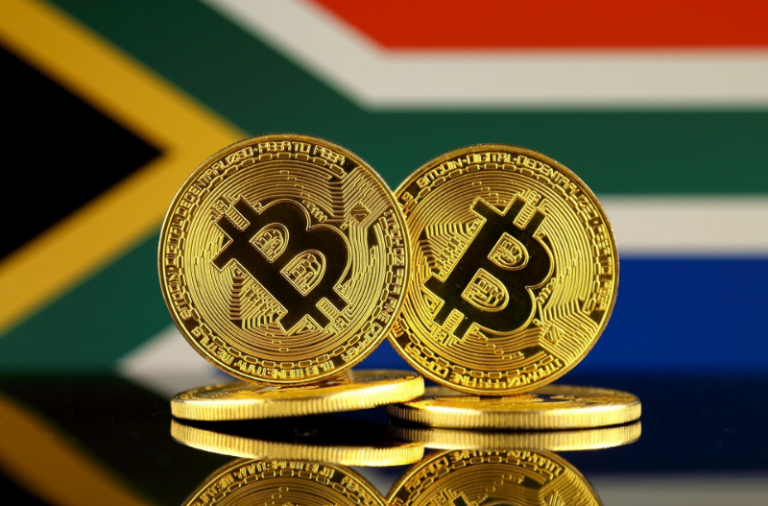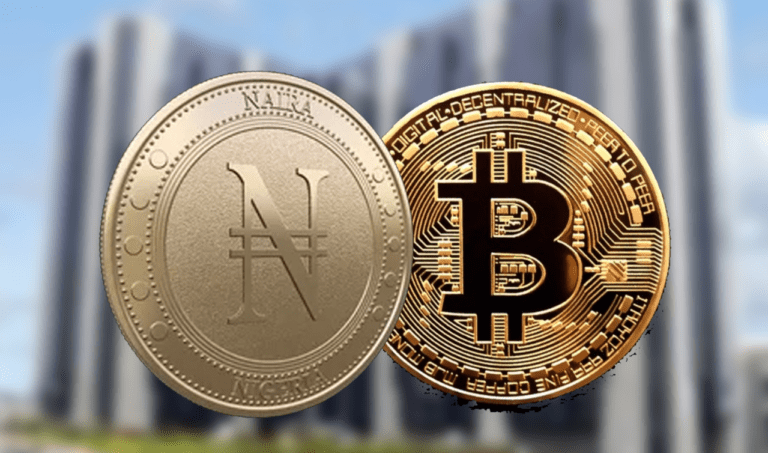Nigerian minister suggests that a new regulatory body should oversee crypto regulation

Prince Clem Akanade Agba, Nigeria’s minister of state for budget and national planning, has called for the establishment of a new regulatory body to oversee the regulation of crypto activities in the country.
The minister stated this at the recently held Crypto Coinference, which was organized by the tech media organization Technext. According to him, a new body for crypto regulation may be required because Nigerian law is unclear on which government agency, between the Central Bank of Nigeria (CBN) and the Securities and Exchange Commission (SEC), should control the space.
“Nigeria’s SEC are currently in discussions with CBN to enable better understanding and regulation of the crypto space. Nevertheless, it is also possible that our laws as they are today cannot explicitly stipulate who holds the power to regulate cryptocurrencies; maybe there is a need for an additional body to play this role,” Prince Clem Agba said.
Why is the CBN currently acting as a crypto regulator?
The central bank is currently in charge of exerting any kind of control over the Nigerian crypto space. While this has not bode well for many participants, including cryptocurrency exchanges and peer-to-peer (P2P) traders, the minister has an explanation for why the CBN is in charge.
According to him, the Executive, through the Ministry of Finance, Budget, and National Planning, and the CBN, which is a fully autonomous body, are potential governmental stakeholders involved in financial regulation.
“Policymaking is part of the mandates of the Ministry of Finance, Budget, and National Planning and the CBN.” However, while the Ministry of Finance, Budget, and National Planning is in charge of fiscal policy, the Central Bank of Nigeria is in charge of monetary policy,” the minister explained.

According to him, the challenge of who has the power to regulate the crypto space lies in the classification of cryptocurrencies.
“Are they a security as classified by the United States Securities and Exchange Commission (SEC), a property as classified in the United Kingdom (U.K), China and Singapore, a currency as classified by the US Treasury, or even a commodity as classified by the US’ Commodity
Futures Trading Commission (CFTC)?”Prince Clems Agba
According to him, cryptocurrencies are under the jurisdiction of the CBN because they are thought to fall under the country’s monetary policy.
Citizens’ security when trading cryptocurrency
While calling for fair regulation of the crypto space, the minister stated that the most important consideration when participating in the industry should be the safety of citizens.
“We are all aware of the good that cryptocurrencies are capable of, of the inclusivity and wealth creation that they have already facilitated.” Thousands have made life-changing gains from trading and holding various cryptocurrencies, but hundreds of thousands have suffered losses that will be felt by future generations as a result of crypto-related scams,” he said.
Prince Agba, on the other hand, admitted that these scams are not limited to the crypto space. He noted that Nigerians have been known to fall for investment scams in regulated spaces, and thus the problem is not limited to the crypto space.

He argued, however, that in an unregulated field with a high educational barrier to entry, it is much easier for unsuspecting citizens to fall victim to these scams.
Conceptually, cryptocurrencies, their types such as stablecoins, altcoins, security tokens, value tokens and their terminologies may be harder to explain to the average Nigerian than
stocks or regular trading.Prince Clem Agba
The minister should consider that if citizens fall for these scams in a regulated sector where verifying a company’s legitimacy can be as simple as cross-checking their registration with the SEC, many more could be victims in a space with no explicit verification method.
Finally, Nigeria has struggled to regulate not only the crypto space, but the entire tech space. While there is an urgent need for regulation to catch up with innovation, the regulators’ instinct in the Nigerian crypto space appears to be to ban before understanding the space.
This is a phenomenon described as ‘dumb regulation’ by Austin Okere, the founder of Computer Warehouse Group (CWG). According to a well-known financial expert, dumb regulation occurs when there is a lack of knowledge and regulation is carried out out of fear.
“There are two types of regulation: smart regulation and dumb regulation.” Dumb regulation occurs when there is a lack of knowledge and regulation is carried out out of fear.”
-Austin Okoro Founder of CWG#TechnextCoinference2021 #TechnextCoinference2021 #TechnextCoinference2021
— Technext | #TechnextCoinference2021 (@technextdotng) December 9, 2021
The CBN began its crackdown on the crypto space in February, when it ordered banks to stop facilitating cryptocurrency transactions. Many people were forced to switch to P2P trading, crypto exchanges were forced to reconsider their operations, and others, such as Patricia, were forced to relocate outside of the country.
Much later in the year, the apex bank would escalate its assault by ordering banks to close accounts of individuals and businesses suspected of dealing in cryptocurrency. This had a crippling effect on the P2P space, as the country’s P2P trading volume dropped by 43 percent the following week.
While Prince Clem attempted to dispel the notion that regulation is “akin to a giant hammer slamming down on the activities going on in an industry,” the important question is: given how much “regulation” the CBN has brought into the crypto space, would it be incorrect to compare it to a giant hammer slamming down on the space?







